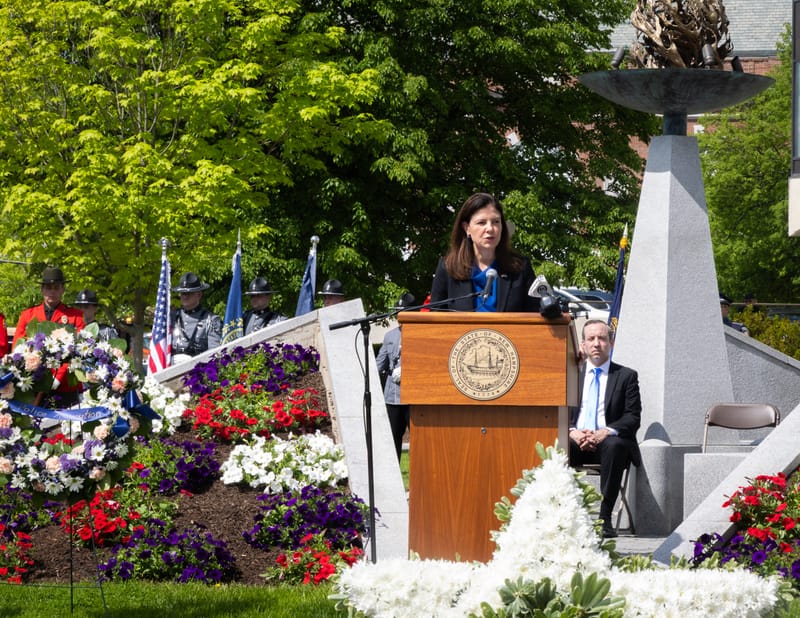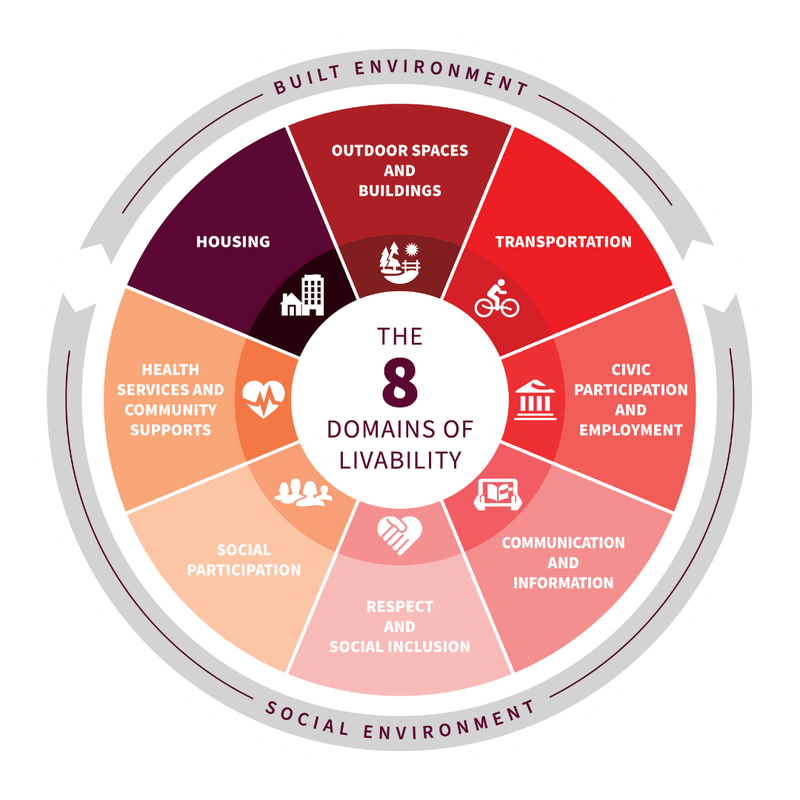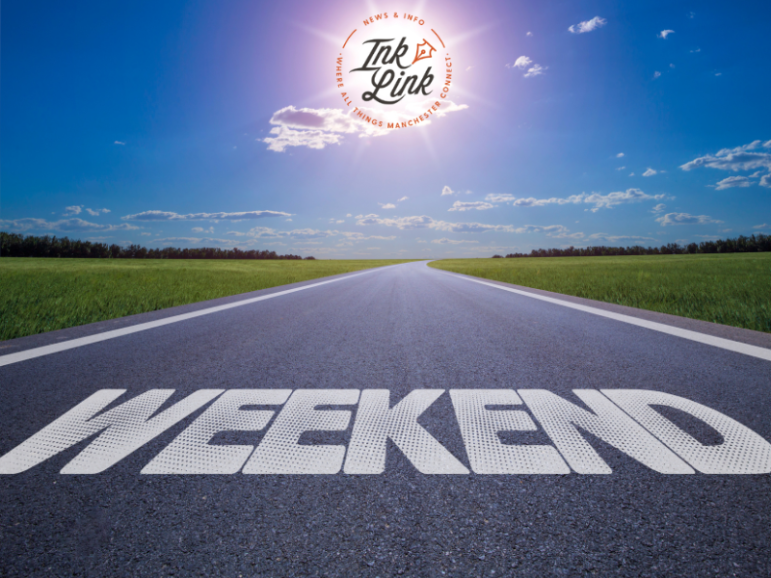From here to nowhere
In Manchester, every inch of space is spoken for, with billboards and coffee shops clamoring for your attention. Out here, the land is the boss, indifferent to whether you notice or not. It’s in this vastness that you realize being far apart isn’t about miles; it’s about the silence between thoughts

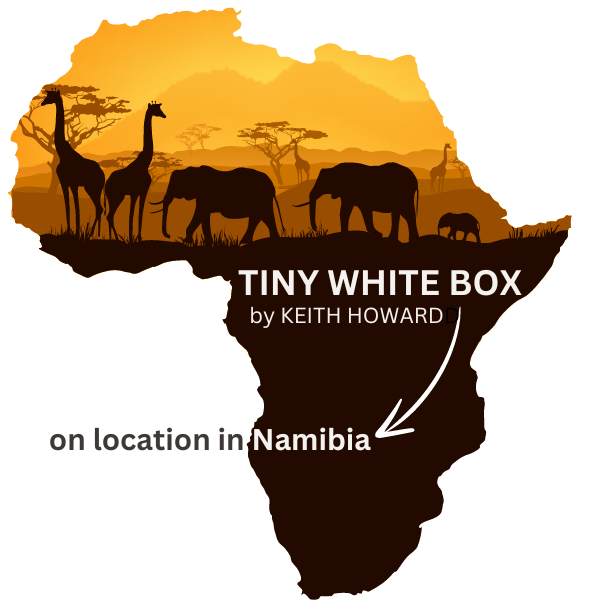
Namibia, once part of South Africa, is a country where the past lingers in the dust and diesel fumes. It’s peopled by Africans, Germans, and English, a patchwork of history with colonial threads running through it. In my brief seven days here, it feels like a place where the shadows of colonialism still stretch long, with businesses owned by whites but run by Africans. The German influence is hard to miss—names etched in stone; streets christened in a language that clings to the air like the desert heat. The English, on the other hand, left behind their confounding left-hand driving habits, a parting gift we could have done without.

Rob and I have had our share of driving adventures here. We picked up our 4×4 truck in Windhoek on Saturday. I was behind the wheel for the escape from the city, a hellish experience marked by my constant confusion between the windshield wipers and the turn signal, and roundabouts that felt like spinning in a foreign orbit. We managed to survive the 20-minute gauntlet to the outskirts, where I gratefully handed the wheel to Rob. He’s the better driver—calm, safe, everything you’d want, except that none of those qualities help when you blow right past a mandatory police stop at 80 kilometers per hour.
The checkpoint speed limit was a tame 10 kph, and we breezed through it like it was a mere suggestion. The dozing guard sprang to life, whistle blowing, as Rob slammed on the brakes. What followed was a dance of desperation and authority, a Kabuki pas de trois between us and the cop. The officer led the dance, informing Rob that he’d need to appear in court on Monday. Rob, feigning helplessness, explained that wasn’t possible, prompting the cop to suggest an outrageous fine—$1,500 U.S. dollars or thereabouts to settle the matter. Rob, scraping the bottom of his excuse barrel, tried to argue, but we were 45 feet past the stop line. After a bit of back-and-forth, Rob slipped the officer a significant wad of American cash, and we were on our way. No receipt, of course.
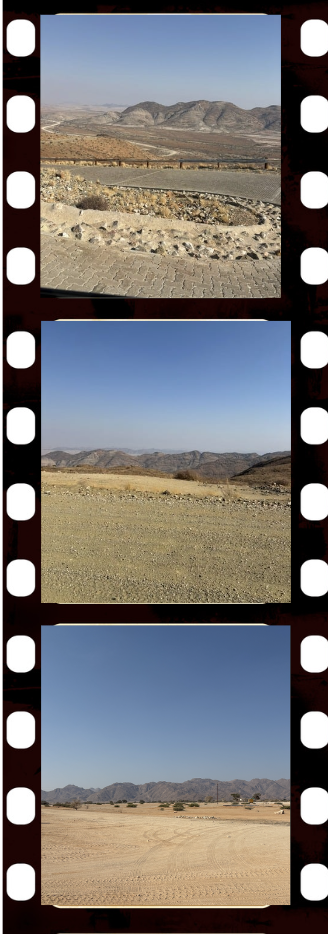
This morning, we traveled 35 miles from Namibgrens to Solitaire, a journey that took two hours. In the States, that’s the distance from Nashua to Concord, a drive that takes less than 40 minutes. Out here, these two places feel very far apart. It’s strange to think about space this way, as if distance matters less when it’s between places that people call significant.
The 35 miles between Namibgrens and Solitaire took us through breathtaking hills, flat desert stretching endlessly to the horizon, and a mountain road that rivals anything I’ve driven in Colorado or Morocco. Despite the beauty, it’s desolate, not in a lonely way, but in a way that makes you feel the weight of your own smallness. Out here, the road doesn’t bend for you; you bend for the road. The landscape isn’t something you conquer; it’s something you navigate, a speck of dust in an endless room. The space is indifferent to your existence, and that’s precisely what makes it beautiful.
In Manchester, every inch of space is spoken for, with billboards and coffee shops clamoring for your attention. Out here, the land is the boss, indifferent to whether you notice or not. It’s in this vastness that you realize being far apart isn’t about miles; it’s about the silence between thoughts, the moment when the world stops spinning long enough for you to catch your breath and feel, really feel, the weight of nothing.
By the time you reach Solitaire—a town more ghost than place—you’re almost relieved to see a sign of life. Almost. But there’s a part of you, the part that’s just started to understand, that wishes you could keep driving, keep floating through that endless room. Because out there, in the middle of nowhere, you’re finally free from everything you thought mattered.
Tonight, we sleep in Solitaire, listening to the wind that begins at the Atlantic and goes straight across the Namib Desert. Our truck is sturdy, our spirits are good and God (or god) (or higher power) (or whatever) feels very close indeed.
Keith Howard lives in Manchester. Read more of his Tiny White Box essays here.


